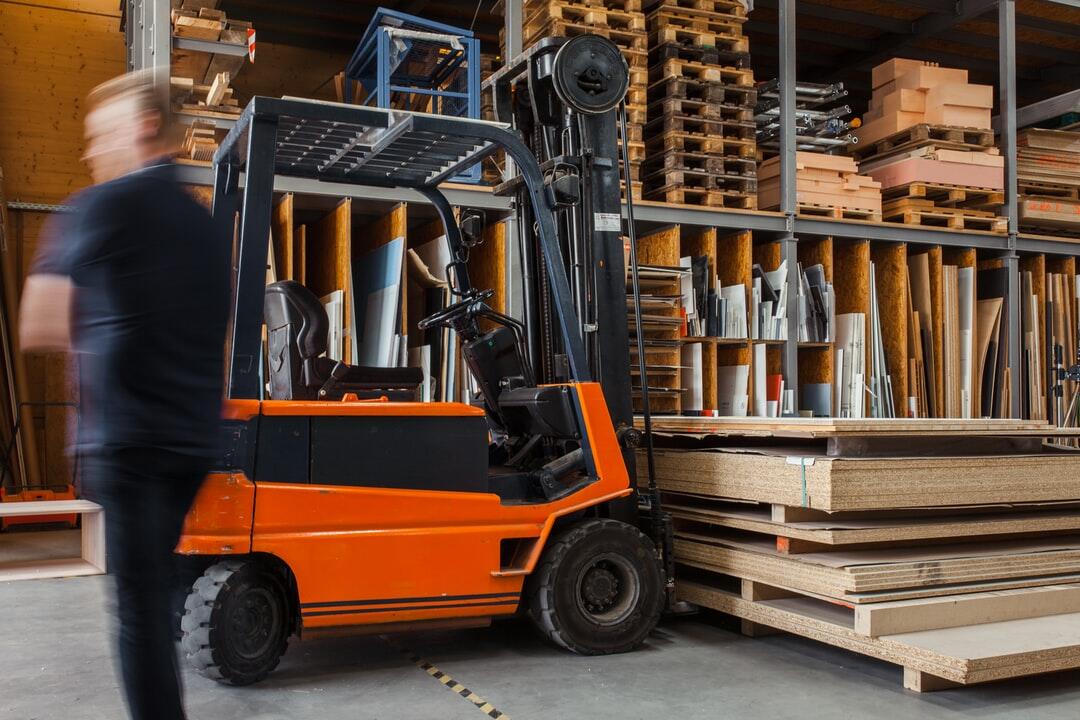Did you know that the global forklift market is projected to grow to $125.4 billion by 2030? This shows the growing importance of efficient material handling solutions for businesses.
Choosing the right forklift is important when moving heavy loads. One option to consider is the piggyback forklift, also called a truck-mounted forklift.
It's especially useful for companies in tight spaces. It also makes loading and unloading easier.
But how do you select the right forklift for your business needs? By focusing on key features, you can make an informed decision that boosts productivity. Read on to learn more.
Key Features to Consider
To ensure the forklift meets your business needs, consider the following features
Load Capacity
Determine the maximum weight you need to lift. Forklifts usually have a capacity of 3,000 to 8,000 pounds.
Choosing the right capacity ensures safe operations. Too little capacity can cause damage or accidents. Too much capacity may be inefficient and costly.
Lift Height
Assess how high you need to lift your loads. This can vary based on your warehouse or job site configurations.
Turning Radius
A tight turning radius is necessary for maneuvering in narrow aisles. It allows the forklift to navigate easily without hitting obstacles. Space-saving forklifts have smaller turning radii to improve efficiency in tight areas.
The Benefits
Incorporating forklifts into your operations can provide a multitude of advantages. Here are some notable benefits:
Efficiency
These forklifts combine transportation and lifting in one process. This saves time and reduces labor costs. Workers can move materials faster and more easily.
Flexibility
They can quickly reach job sites. This reduces the need for extra handling or transportation. Workers save time by not needing additional equipment.
The forklift can load and unload directly at the site. It provides more flexibility in moving materials. Improved loading/unloading makes operations smoother and more convenient.
Cost-Effective
Investing in a piggyback forklift can lower logistical costs. It is especially useful for operations with frequent loading and unloading. The forklift combines two tasks into one, saving money.
It cuts down on the need for extra equipment and workers. Over time, this reduces overall operational costs. A cost-effective forklift can improve your bottom line.
Expert Tips for Choosing the Right Forklift
Here are some expert tips to guide your decision-making:
Evaluate Your Needs
Take time to assess the specific needs of your business. Factors such as load types, frequency of use, and site conditions are crucial.
Test Before You Buy
If possible, ask for a forklift demonstration. This helps you see if it meets your needs in real conditions.
Testing lets you check its performance firsthand. You can see how it handles the tasks you need.
A test run also helps identify any potential issues. It's better to know before you buy. This way, you can make an informed decision.
Compare Models
Industry forums can help you gather information. Comparing models helps you find the best fit. Check the pros and cons of each option.
It may also be beneficial to browse counterbalance forklifts here. They can provide insights into various models and configurations. This may better suit your specific operational challenges.
Elevate Your Operations with the Right Piggyback Forklift
Investing in a piggyback forklift is choosing efficiency and versatility for your business. By selecting the right model, you'll enhance your material handling processes while minimizing costs.
Take time to compare different options, and don't hesitate to seek out expert advice. Choose wisely, and you may find that a forklift becomes an invaluable asset to your operations.
Was this helpful? If so, please keep browsing our site to find more useful information!


































